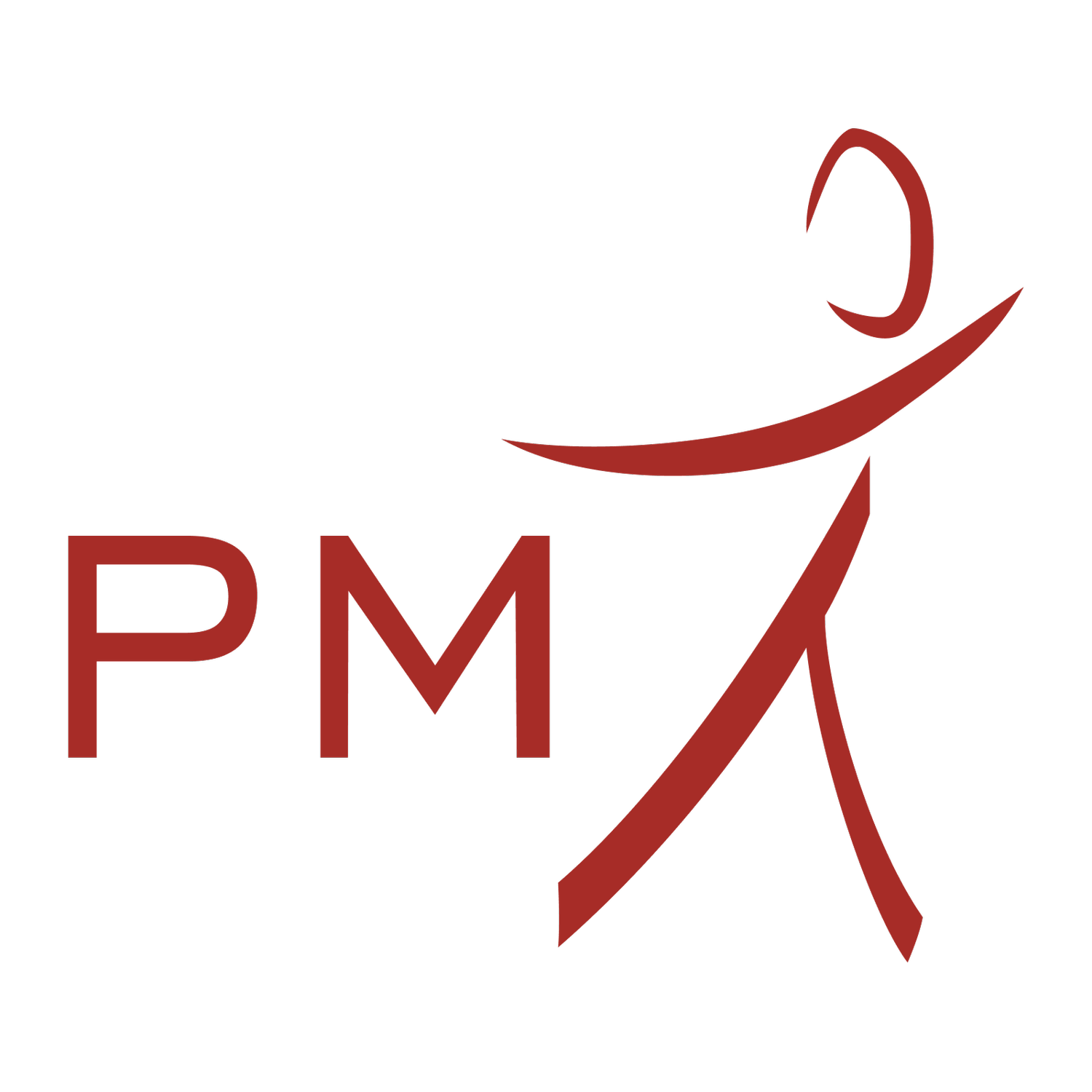Joint Pain: Hip Injuries, Knee Pain & Injury, Shoulders and Ankles
The information we provide here applies to the following conditions:
Acute Hip Pain
Chronic Knee Pain & Acute Trauma
Shoulder Impingement & Rotator Cuff Tendonitis
Management of Acute Ankle Sprains
Essential FAQ’s About Joint Issues
-
Many musculoskeletal aches arise from joint pain and stiffness that often occurs when there are inefficient loading mechanisms through the body. That is, the body is not moving well and causing wear and tear on joint surfaces. This leads to inflammation or degenerative changes in the underlying bone and cartilage within joints.
-
If left untreated, it may lead to osteoarthritis (OA) that can range from mild to severe and will impact your ultimate health and quality of life.
Some will suffer significant joint pain from OA, whilst others will have mild symptoms. Research shows that x-rays and other investigations often do not correlate well with symptoms so having a treatment plan that is patient-specific and targeted at your underlying causes is crucial in symptom relief and long term preservation of the joint.
-
The most common joints affected by osteoarthritis are fingers, hips and knees. It is estimated by the Centre for Disease Control and Prevention in the USA that 50% of the population will suffer symptomatic knee OA.
-
Other types of arthritis include rheumatoid arthritis, psoriatic arthritis, gout and fibromyalgia. These types of arthritis need medical advice for drug therapy, but will rely on expert physiotherapy care to help reduce further damage and relieve symptoms.
We Recommend Early Treatment for Prevention of Joint Pain
At PhysioMotion, we will help you alleviate your symptoms, prevent further damage and return you to optimal fitness including nutritional counselling.
To treat these injuries, we apply our integrated care model to using strong Diagnostic assessment skills and Treatment & Prevention Strategies
Diagnostics:
Our Physiotherapists will perform a comprehensive assessment to diagnose the the injury and the primary cause of the dysfunction
To encourage optimal healing and prevent further injury, we will perform an individualised whole body biomechanical assessment looking at your strength and control. We will observe any areas where your body might be overloading in one area to compensate for dysfunction in another area.
A sport-specific analysis will also be conducted, which often includes a running assessment.
Treatment & Prevention:
A personalised and progressive treatment approach will allow a faster recovery because we take the time to fully assess your problems to establish the root causes.
Treatment and exercises will target the cause of your issues. In some cases, you’ll be surprised to see that treatment is not necessarily targeted at where symptoms or pain appear.
Early intervention is important to prevent further injury and to discourage your body from compensating in other regions of the body.
We will also discuss other factors that may contribute to your injury such as your exercise program, training regimes, general health and nutrition.
We know behavioural changes can be essential to optimise healing and recovery, so we will take time with you to explain in depth about your specific issues.
We also draw on our wide network of health professionals to provide you with the latest research for best possible outcomes.












